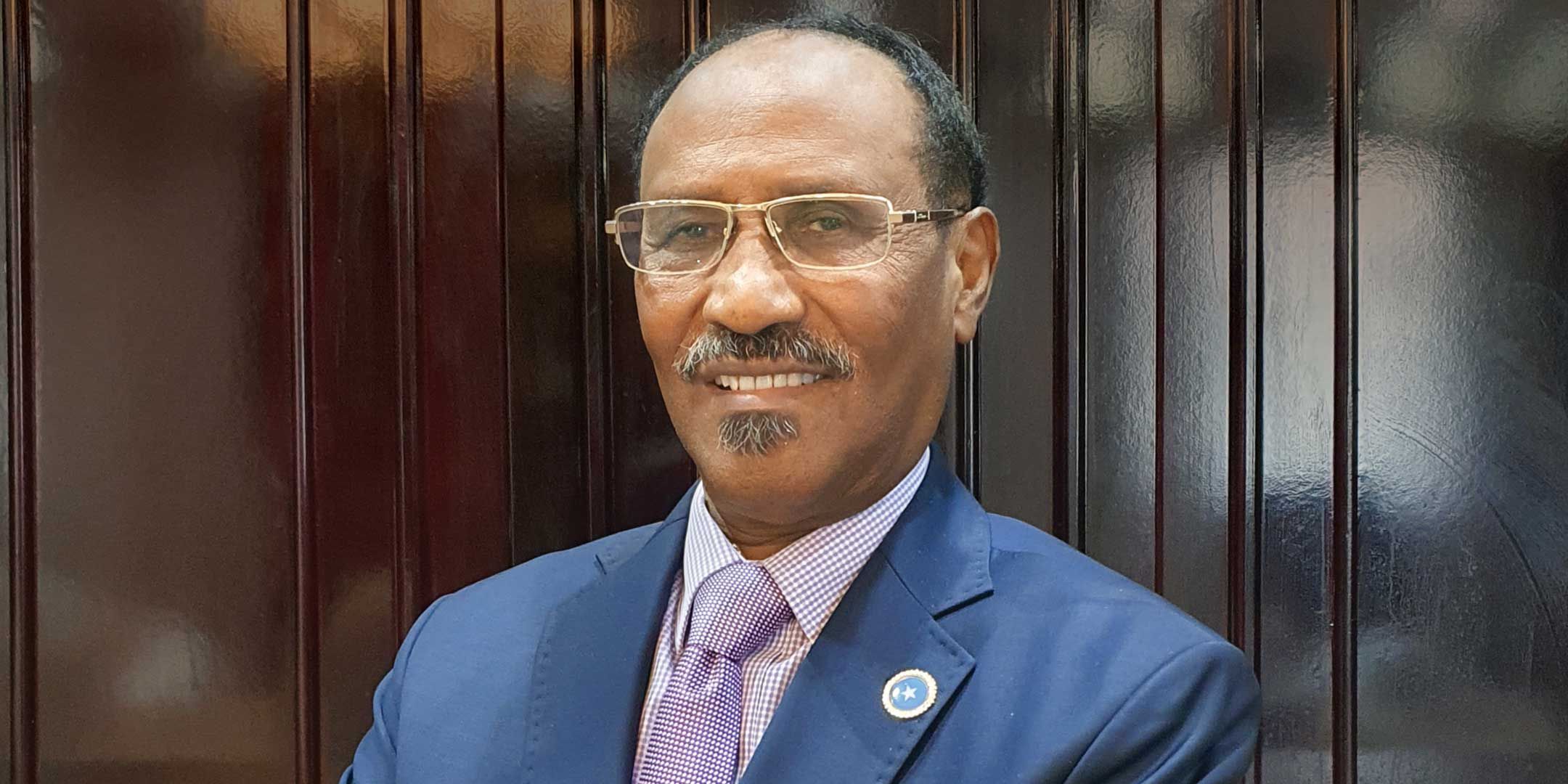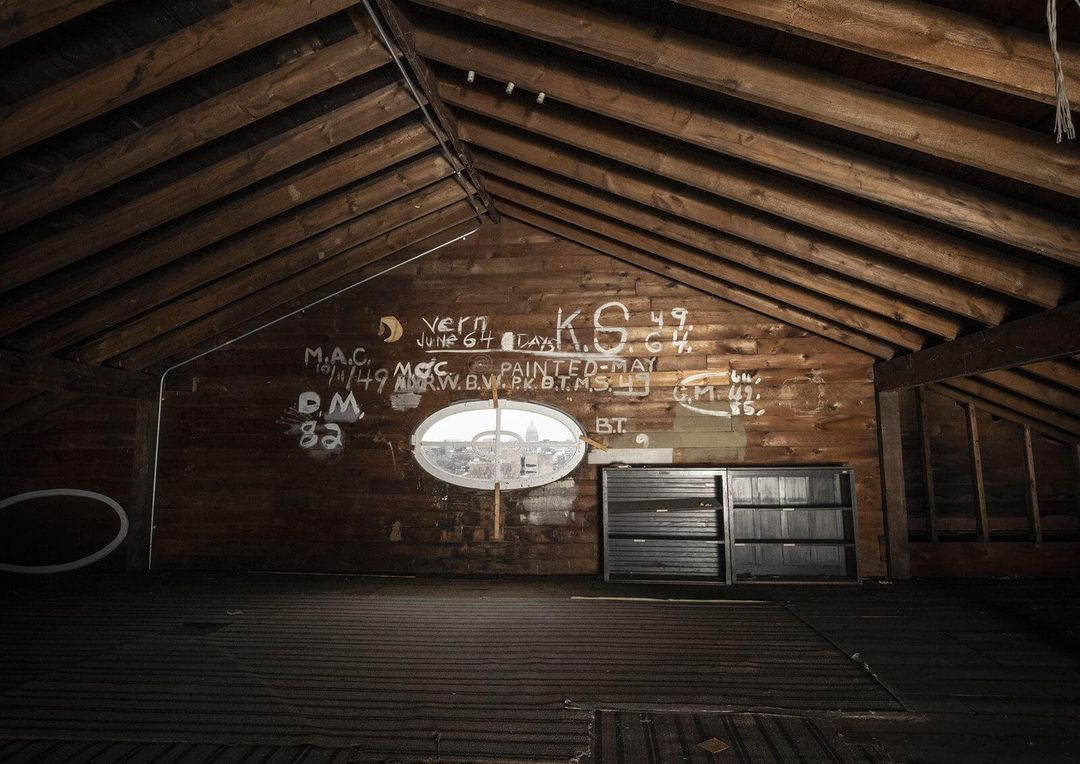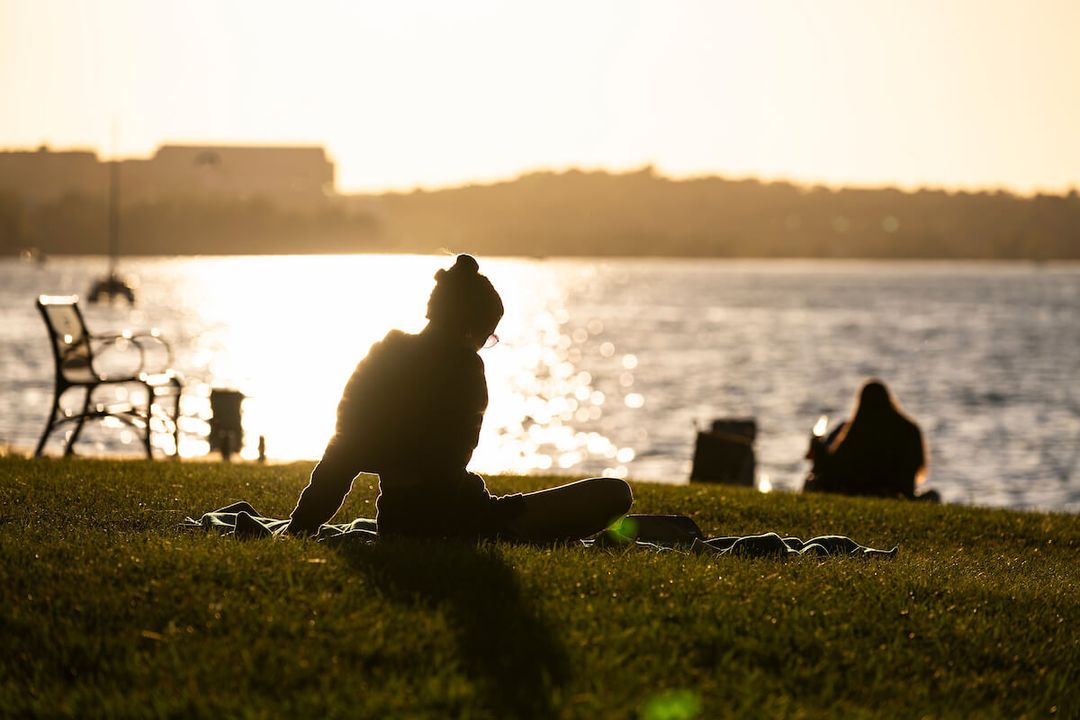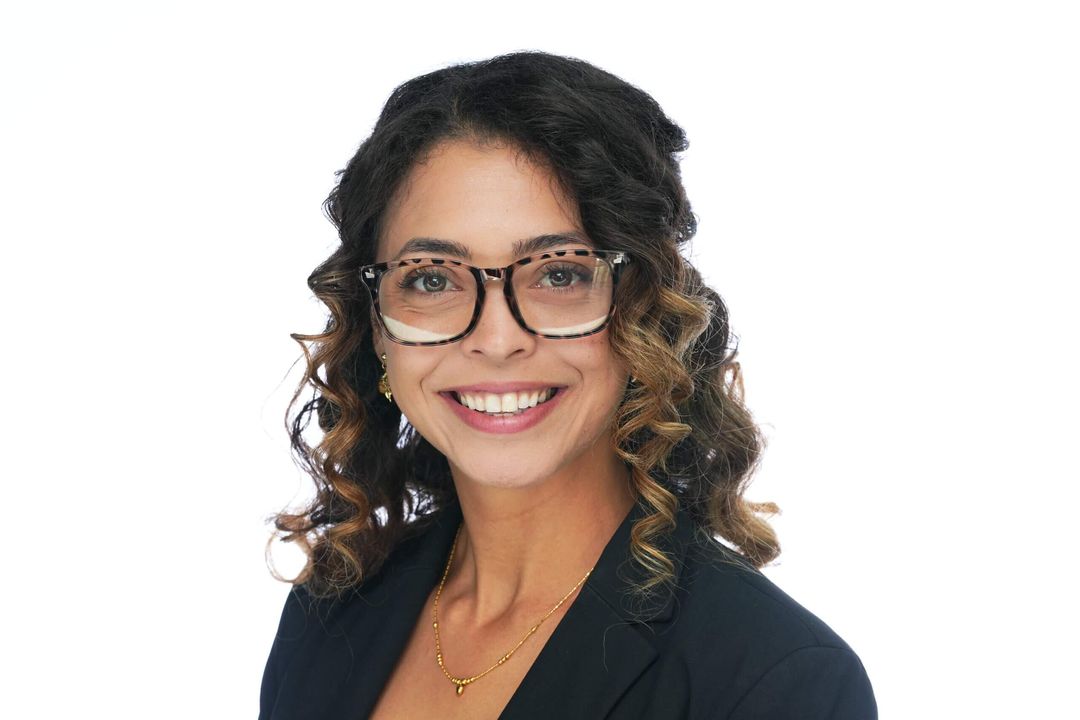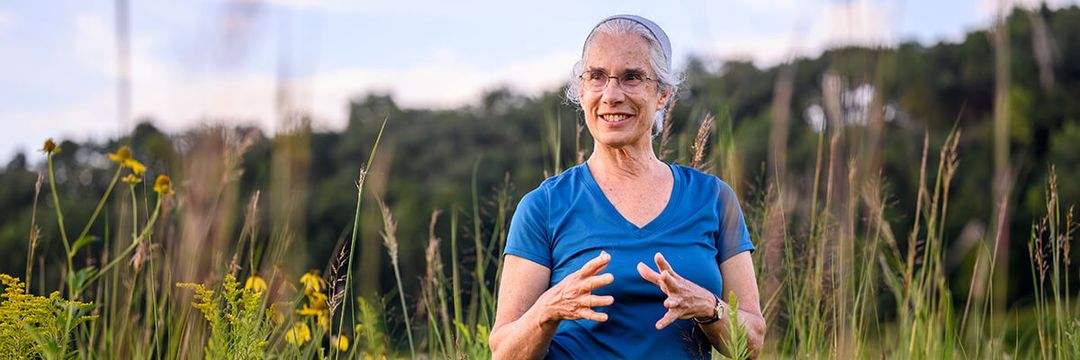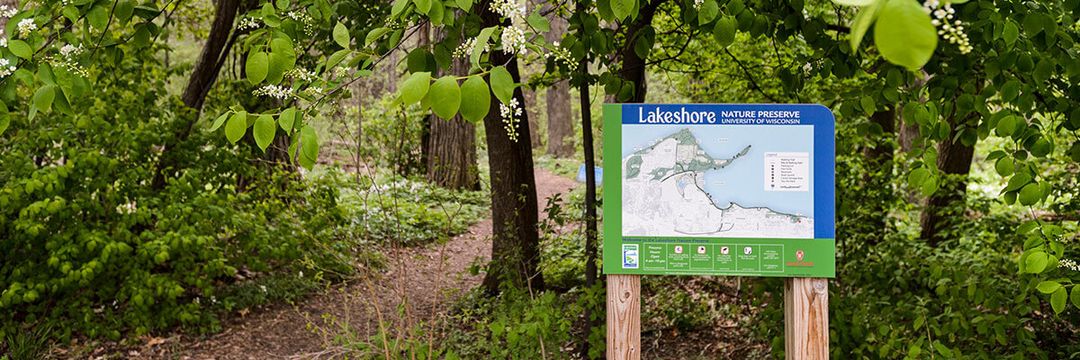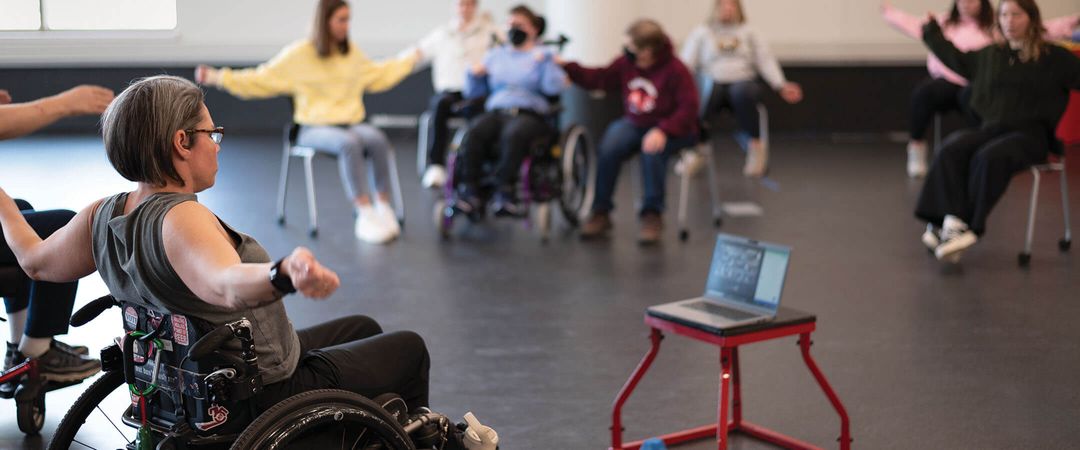Nearly 40 years ago, Abdirahman Beileh laid out his career plans in an article published in the 1983 yearbook from UW–La Crosse. A 1981 UWL graduate who had double-majored in finance and economics before earning his MBA in 1982, Beileh explained in the yearbook that he hoped to return to his home country of Somalia to work in its ministry of finance. Fast-forward through a doctorate in development from UW–Madison, as well as a few teaching stints and a couple of decades with the African Development Bank, and you’ll find Minister of Finance Beileh leading the charge to stabilize Somalia’s economy after years of civil war. His favorite hobby — songwriting — complements his work to build up Somali people. Set to traditional Somali music and performed by Somali national bands, Beileh’s lyrics and poems inspire a shared national identity and challenge the country’s economic status quo.
What brought you to Wisconsin?
I went to La Crosse, Wisconsin, for my undergraduate [and MBA]. When I finished there, then I moved to Madison. The way I came to La Crosse was just simply an accident. It was one of the colleges that accepted me, and a few others in the U.S. and a few in Canada. I chose to come to La Crosse because I knew somebody who was going to school there from my hometown. When you are going to other countries — big countries — you’re anxious, and you don’t know anything. So that is really the reason I came to La Crosse, and I fell in love with it and stayed there for undergraduate and for the master’s degree. Then I went to Madison for the PhD program. And I loved it even more. … But I always wanted to come back to [Somalia] and work in finance.
What was your PhD program like?
I went into a program called development studies in the College of Agricultural and Life Sciences. But it was a very independent program in that the student, with guidance from the very able professors, formulated their own program. So, me being finance and economics, I wanted to see how public finance could work in countries that have very limited resources and very poor governance and very poor education and all that. In fact, what prompted me to that was the study of finance as maximizing profit. I still remember my professor and asking him all the time, “You maximize a profit, but if you don’t have money, how do you get the base? How do you get the first dollar?” In other words, how do you mobilize resources?
As minister of finance, what has been your role in building up your country and its people?
As minister of finance here, like any other minister of finance, [I am] in charge of the finances and the economy of the country. The function of finance minister is, of course, to collect revenues, or to supervise the collection of national revenues, and manage the treasury at the same time. [I] manage development projects and oversee the implementation of that by way of expenditure and dealing with the parliament and the rest of the government. Somalia is one of the poorest countries in Africa, with a lot of civil strife. We are just coming out of fragility — well, it’s still fragile. It makes the work that much more difficult to manage — the issue of governance, the issue of capacity to manage, skills in the country that are very low. So, this is basically what I am working on. A lot of training, a lot of skill formation, capacity building. A lot of checks and balances in the country — basically what a finance minister is supposed to be doing.
When did you start writing songs and poetry?
It has been always my hobby, ever since I was young. I would always listen to Somali songs — traditional Somali songs and dances and all that. But it was always my hobby and nothing more. Then as I grew up, and as I thought about many other things — Somalia is called the Land of Poets. If you look at the history of Somalia, [it is] full of poets and poems. If you look at the history of the U.S., you’ll find people who are songwriters and people who do great speeches, memorable speeches — the presidents and the prime ministers and treasury people. And you go back and listen to them. That’s their passion. Songs, writing them, became my passion. I don’t sing myself, but I put together the lyrics, and then others will put it to a tune, and then others will play the music, and somebody else will sing.
What inspires the lyrics that you write?
The lyrics will always talk about a national situation. Anything that stimulates me that has to do with development will be expressed by a song. They are not love songs. They are not environmental songs. They are just developmental songs, where I question why we are like this. I question why we are so poor. I question why we have all these resources everybody says we have, but at the same time, we are living on handouts from others. I put my own two cents worth of reasons for why we are like that. And I also sometimes thank the international community and others who come to our rescue. It is a very serious level — a high level of emotions that creates these songs. Maybe twice a week, I will do a song. And the more expertise I get, the more frequent — the more productive I get. What that means is that I don’t have any other hobbies because that consumes my time. And I enjoy it. I enjoy it. It’s like a mental exercise. It’s like when you come back from the gym. [That] is what you feel like when you put together a song and you love it and it’s good.
